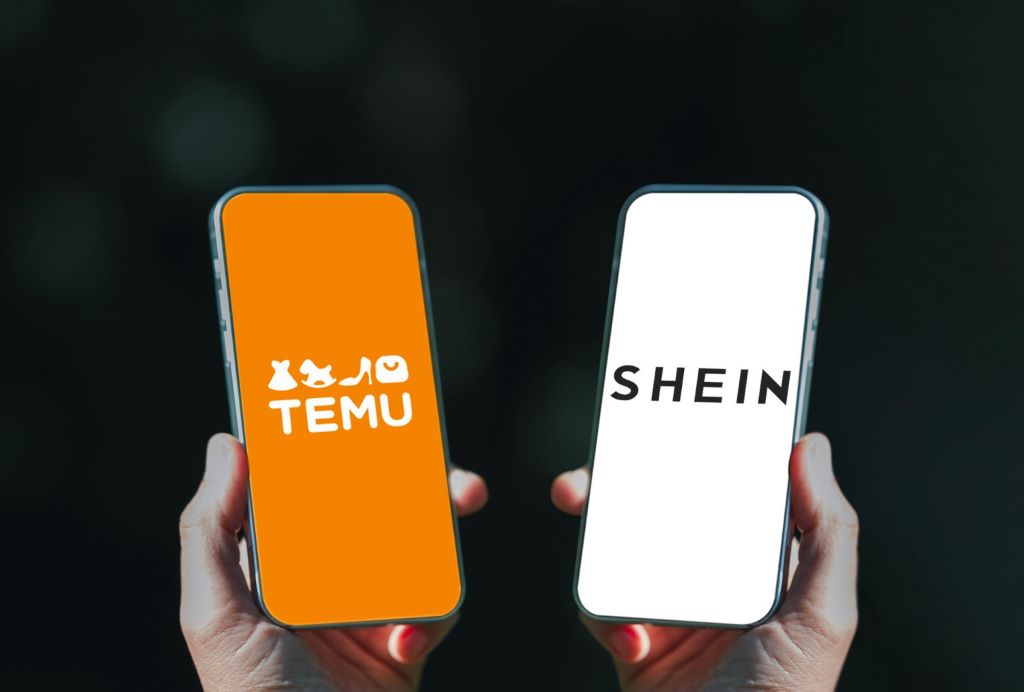
Shein and Temu, the online retail giants, have taken the world by storm. Their business model revolves around ultra-trendy clothing and accessories at rock-bottom prices. But their success story is facing head winds with potential tax hikes. Both companies have come under fire in the EU and US for allegedly exploiting a loophole that allows duty-free import on individual shipments below a certain value threshold.
Shein boasts of over 10 million active users and a staggering $10 billion in revenue (2022). Their average order value falls comfortably under the US's de minimis value of $800, allowing them to bypass import tariffs. Temu a brainchild of Chinese tech giant Pinduoduo, Temu is a rising star, mirroring Shein's strategy. Even though data on their revenue is limited, their aggressive marketing and low prices suggest a similar approach to customs duties. Their success hinges on ultra-low prices. The average Shein item costs around $11, while Temu boasts smartwatches as low as $25. This affordability is partly due to loophole in import duty regulations.
The de minimis loophole
The US and EU both have de minimis thresholds, which exempt low-value shipments from import duties and customs inspections. This speeds up delivery and reduces costs for both retailers and consumers. However, critics argue that Shein and Temu are exploiting this system.
|
De minimis thresholds |
region |
|
European Union |
€150 (around $163) |
|
United States |
$800 |
Lawmakers and established retailers are crying foul, arguing that the de minimis policy is being exploited. Here's why:
Lost revenue: Governments lose out on import duties, a significant source of income.
Uneven playing field: Brick-and-mortar stores and traditional online retailers have to pay duties, putting them at a price disadvantage.
Human rights concerns: There are allegations of forced labor in some Chinese factories supplying these companies, and the de minimis loophole allows shipments to bypass proper inspections under the Uyghur Forced Labor Prevention Act (UFLPA) in the USA.
Policy pushback
Now the tide is turning both in the US and Europe. In the US a House report accused Shein and Temu of violating tariff laws and evading human rights reviews. Proposed legislation aims to close the de minimis loophole for certain categories of goods. Congressman Earl Blumenauer (D., Ore.) says this loophole allows them to undercut American businesses and potentially import goods made with forced labor.
Similarly in the EU, Germany, a major retail hub, is pushing for an EU-wide reform to eliminate the tax break for low-value parcels. Their argument is the current €150 duty-free threshold creates an uneven playing field, favoring Shein and Temu over brick-and-mortar stores that pay full customs dues. “The current system encourages a flood of small, untraceable packages, making it difficult to ensure product safety and fair competition,” opines Hans Peter Sattler, Head, German Retail Association.
However, Shein and Temu giants aren't going down without a fight. Shein argues their business model benefits consumers and they comply with all relevant laws. They also say, lowering the de minimis threshold would harm consumers by raising prices. They've also expressed willingness to work with policymakers to find a solution. Temu on the other hand hasn't issued a public statement yet, but similar arguments about consumer benefit and legal compliance are likely.
A shaky fashion future
Meanwhile if the proposed policy changes take effect, Shein and Temu could face significant challenges.
Higher costs: Increased duties and customs processing fees would translate to higher prices for consumers, potentially dampening their appeal.
Slower delivery times: More thorough customs checks could slow down the delivery process, impacting their fast-fashion model.
Compliance scrutiny: They might face stricter scrutiny regarding labor practices and potential violations of the Uyghur Forced Labor Prevention Act (UFLPA) in the US.
Shifting strategies: The companies might explore alternative shipping methods or raise minimum order values to qualify for bulk discounts and lower per-item duty rates.
While the outcome of this policy tug-of-war remains to be seen, but one thing is certain the days of frictionless duty-free imports for Shein and Temu might be numbered.












